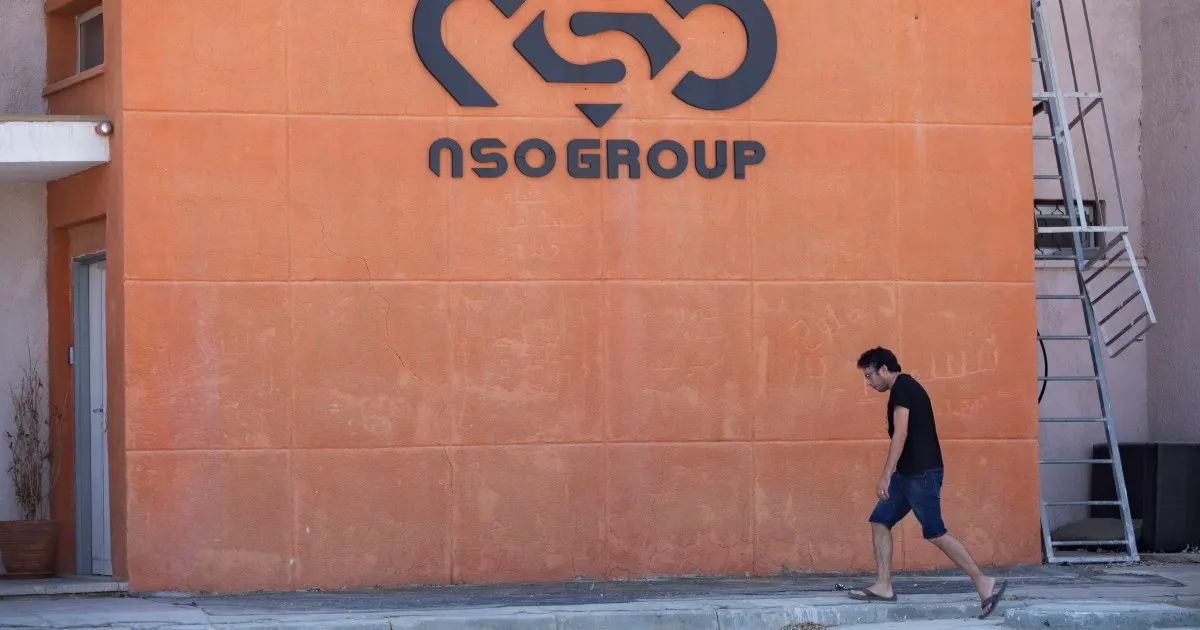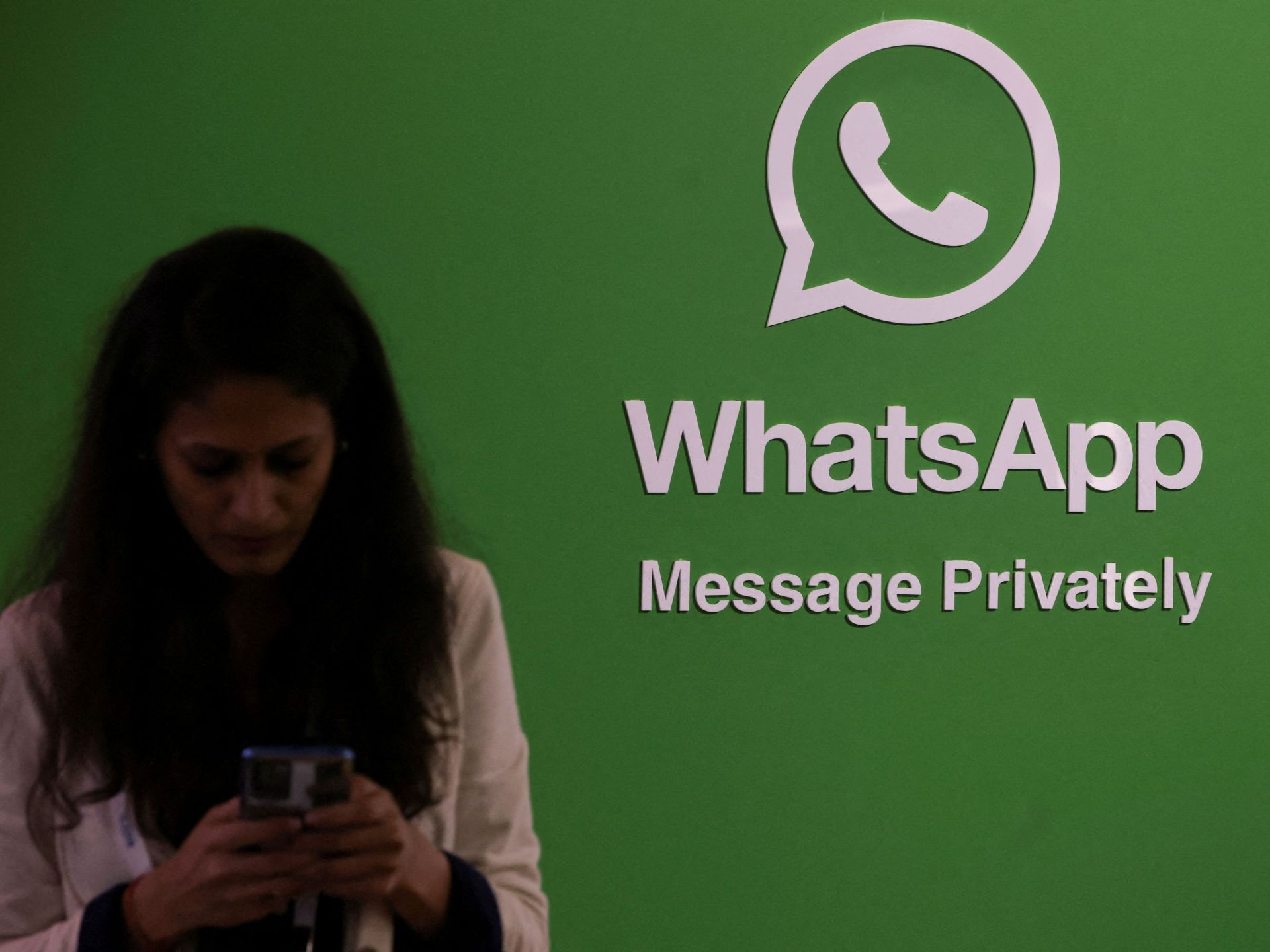US court bars Israeli spyware firm from targeting WhatsApp users | Cybersecurity News
The judge ruled NSO caused ‘irreparable harm’ to Meta, but said an earlier award of $168m in damages was ‘excessive’.
Published On 18 Oct 2025
A United States judge has granted an injunction barring Israeli spyware maker the NSO Group from targeting WhatsApp users, saying the firm’s software causes “direct harm” but slashed an earlier damages award of $168m to just $4m.
In a ruling on Friday granting WhatsApp owner Meta an injunction to stop NSO’s spyware from being used in the messaging service, district judge Phyllis Hamilton said the Israeli firm’s “conduct causes irreparable harm”, adding that there was “no dispute that the conduct is ongoing”.
Recommended Stories
list of 3 itemsend of list
Hamilton said NSO’s conduct “serves to defeat” one of the key purposes of the service offered by WhatsApp: privacy.
“Part of what companies such as WhatsApp are ‘selling’ is informational privacy, and any unauthorised access is an interference with that sale,” she said.
In her ruling, Hamilton said that evidence at trial showed that NSO reverse-engineered WhatsApp code to stealthily install its spyware Pegasus on users’ phones, and repeatedly redesigned it to escape detection and bypass security fixes.
NSO was founded in 2010 and is based in the Israeli seaside tech hub of Herzliya, near Tel Aviv.
Pegasus – a highly invasive software marketed as a tool for law enforcement to fight crime and terrorism – allows operators to remotely embed spyware in devices.
NSO says it only sells the spyware to vetted and legitimate government law enforcement and intelligence agencies. But Meta, which owns WhatsApp, filed a lawsuit in California federal court in late 2019, accusing NSO of exploiting its encrypted messaging service to target journalists, lawyers and human rights activists with its spyware.
Independent experts have also said NSO’s software has been used by nation states, some with poor human rights records, to target critics.
Judge Hamilton said her broad injunction was appropriate given NSO’s “multiple design-arounds” to infect WhatsApp users – including missed phone calls and “zero-click” attacks – as well as the “covert nature” of the firm’s work more generally.
Will Cathcart, the head of WhatsApp, said in a statement that the “ruling bans spyware maker NSO from ever targeting WhatsApp and our global users again”.
“We applaud this decision that comes after six years of litigation to hold NSO accountable for targeting members of civil society. It sets an important precedent that there are serious consequences to attacking an American company,” he said.
Meta had asked Hamilton to extend the injunction to its other products – including Facebook, Instagram and Threads – but the judge ruled there was no way for her to determine if similar harms were being done on the other platforms without more evidence.
Hamilton also ruled that an initial award of $168m against NSO for damages to Meta in May this year was excessive, determining that the court did not have “sufficient basis” to support the jury’s initial calculation.
“There have simply not yet been enough cases involving unlawful electronic surveillance in the smartphone era for the court to be able to conclude that defendants’ conduct was ‘particularly egregious’,” Hamilton wrote.
The judge ruled that the punitive damages ratio should therefore be “capped at 9/1”, reducing the initial sum by about $164m to just $4m.

